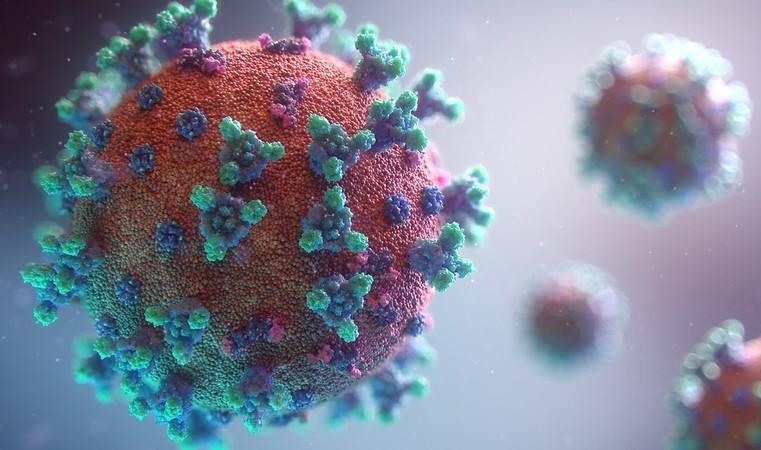Today the World Health Organization (WHO) said global COVID-19 cases were down 11% in the week ending on Sep 25, and deaths were down 18% compared to the previous week.
In a weekly update on the pandemic, the WHO said new cases of the virus dropped or remained relatively stable across all six WHO regions, with the biggest decrease in Africa (-33%), and the smallest decrease in Europe (-1%).
The most new weekly cases were reported by Japan (535,502 new cases, down 12% from the previous week), the United States (361,599, down 11%), Russia (353,826, down 5%), China (292,476, similar to the previous week) and Germany (249,144, an increase of 9%).
"Current trends in reported COVID-19 cases and deaths should be interpreted with caution, as several countries have been progressively changing COVID-19 testing strategies, resulting in lower overall numbers of tests performed and consequently lower numbers of cases detected," the WHO said.
Omicron is still the main variant of concern, representing 99.9% of cases reported globally in the past week.
According to the WHO, BA.5 Omicron descendent lineages continue to account for 81.2% of sequences, which is up from 76.6% in last week's report. Those are followed by BA.4 descendent lineages (including BA.4.6) which account for 8.1%, and BA.2 descendent lineages (including BA.2.75), which account for 2.9% of sequences.
The global COVID totals are 616,275,830 cases and 6,540,285 deaths.
Japanese antiviral proves successful in trials
Japan's Shionogi & Co said today its antiviral protease inhibitor known as ensitrelvir performed well compared with a placebo in phase 3 trials, and was able to reduce symptoms from Omicron-caused infections.
The trial was conducted on primarily vaccinated people with mild to moderate COVID-19. The pill is taken once daily for 5 days, and it reduced stuffy or runny nose, sore throat, cough, feeling hot or feverish, and low energy or tiredness when taken within 72 hours of symptom onset.
The drug maker said this is the first antiviral to demonstrate a statistically significant effect compared to placebo in the time to resolution of symptoms. Symptoms were significantly reduced (167.9 hours versus 192.2 hours for placebo) in those who took the antiviral.
In related news, Indonesia has approved its first domestically produced COVID-19 vaccine, called Indovac.
Indonesian health officials said the vaccine would allow the country to rely less on Sinovac from China, or the mRNA vaccines produced by Pfizer-BioNTech and Moderna.






















